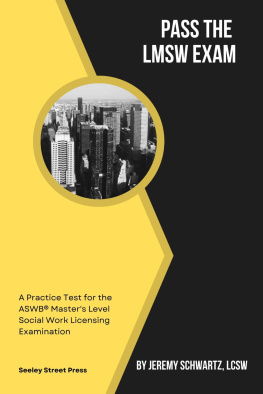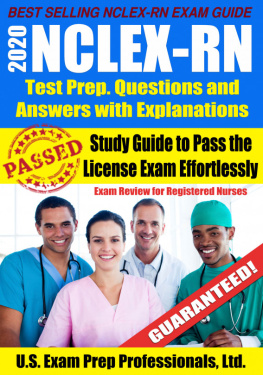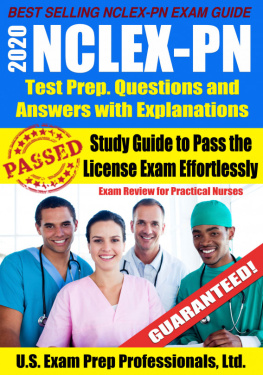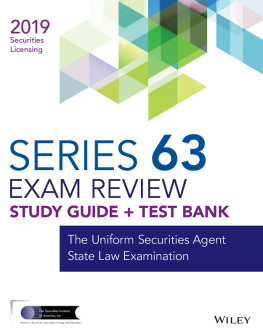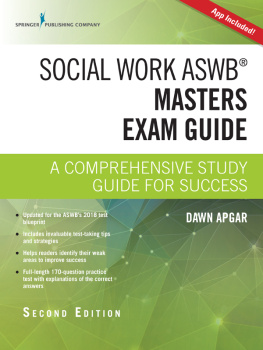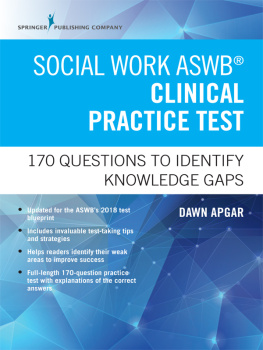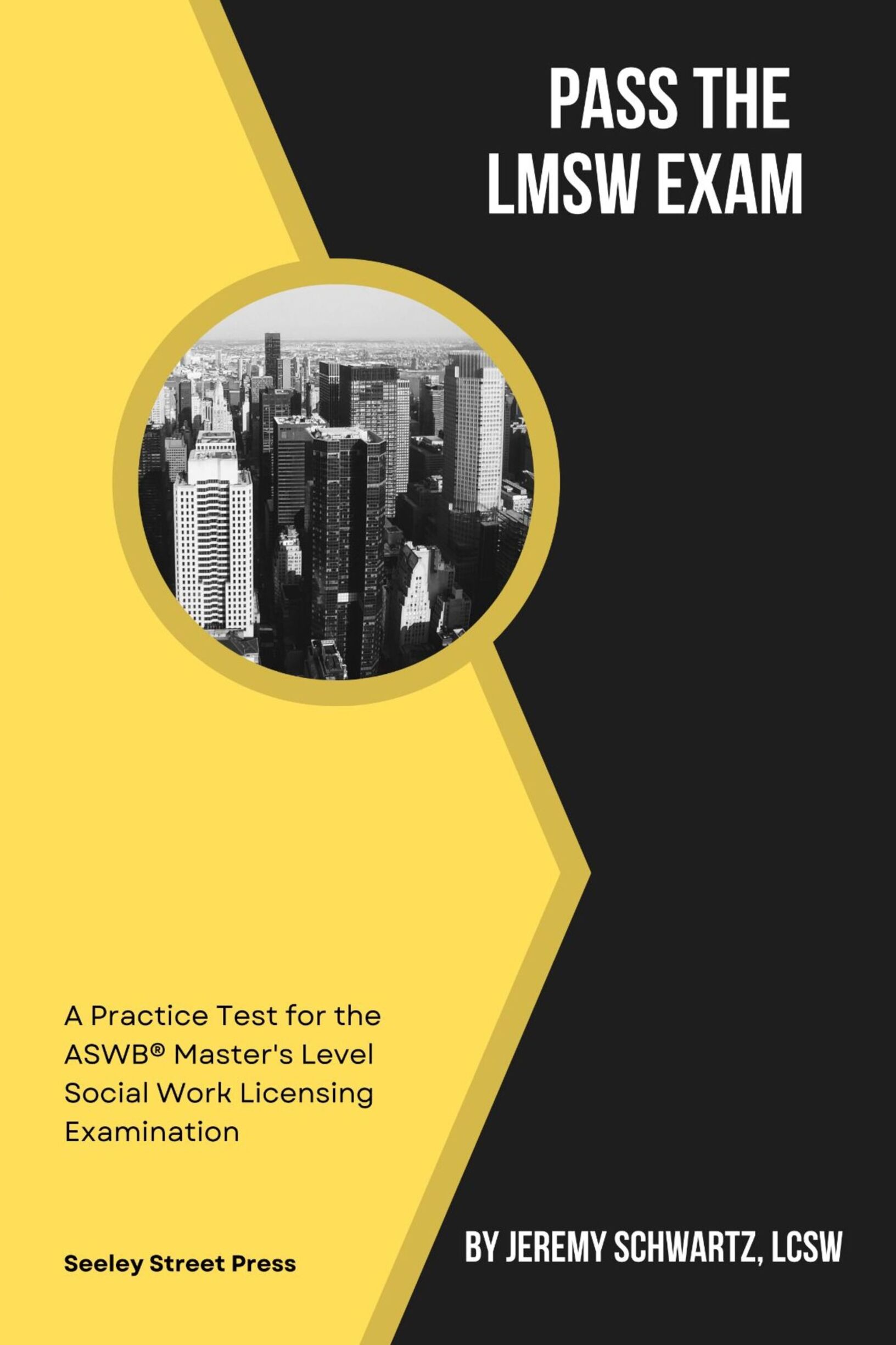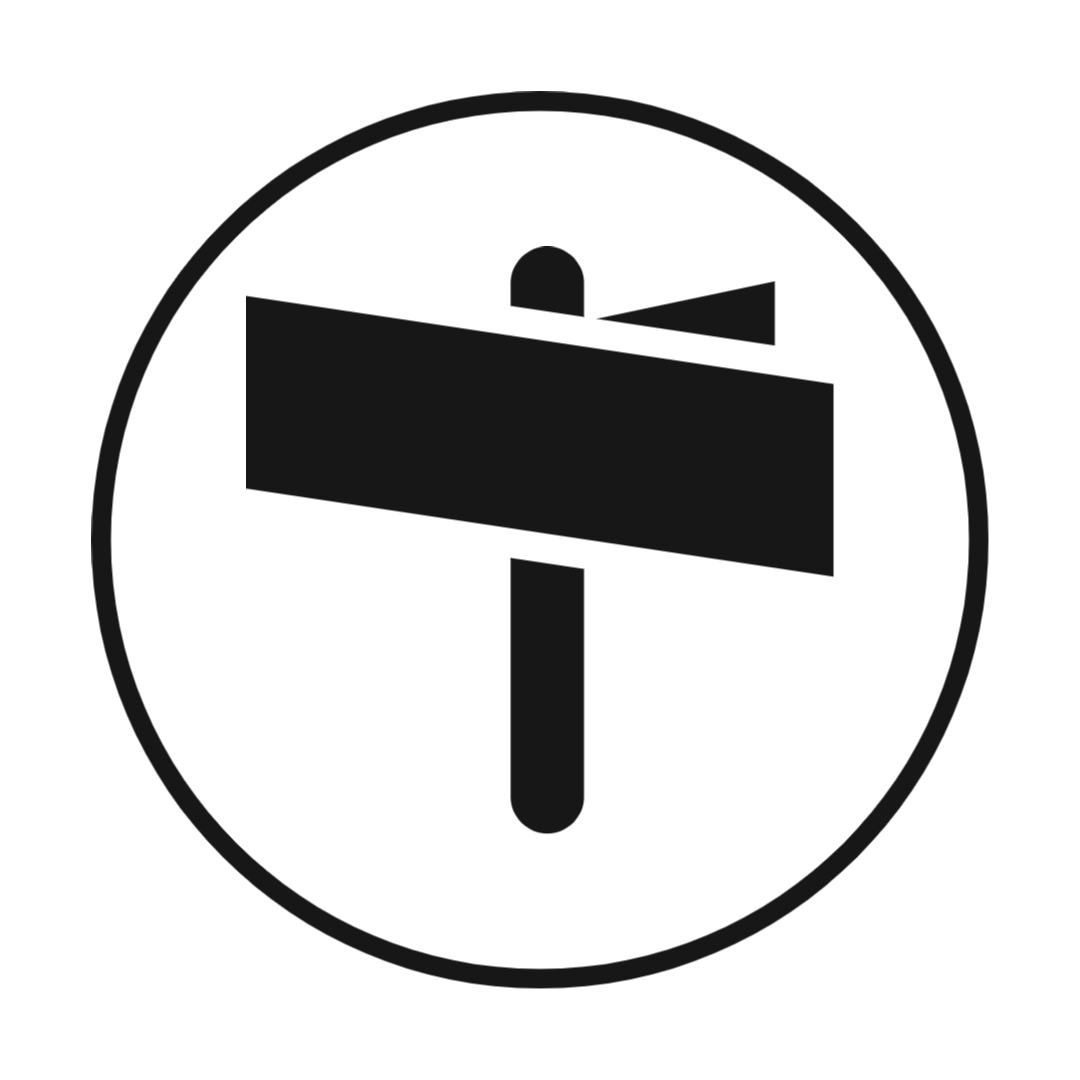This book is intended for educational purposes only and is not a substitute for clinical supervision or consultation, nor is it to be used for purposes of diagnosing or treating any health or mental health condition. The author and publisher will not be liable for any damages resulting, in whole or in part, from the readers use of, or reliance upon, the information contained in this book.
ASWB is a registered service mark of the Association of Social Work Boards. The Association of Social Work Boards neither sponsors nor endorses this book.
Copyright 2022 by Jeremy Schwartz
All rights reserved. No part of this book may be reproduced in any manner whatsoever without written permission except in the case of brief quotations embodied in critical articles and reviews.
Published in the United States of America by:
Seeley Street Press
Salt Lake City, Utah 84103
First Printing, 2022
ISBN: 979-8-9865570-0-7
e-book ISBN: 979-8-9865570-1-4
Publishers Cataloging-in-Publication Data:
Names: Schwartz, Jeremy, author.
Title: Pass the LMSW Exam : a practice test for the ASWB masters level social work licensing examination / Jeremy Schwartz, LCSW
Description: 2022-2023 Edition. | Salt Lake City, UT : Seeley Street Press, [2022]
Identifiers: LCCN Pending | ISBN 9798986557007
Subjects: LCSH: Social workers Certification United States. | Social service United States Examinations Study guides. | Social service United States Examinations, questions, etc.
Classification: LOC: HV40.52.A74 2022 | DDC: 361.3076dc23
Contents
Congratulations on taking this important step in your career! As a helping professional, youve worked hard in your graduate social work program, completed your field placements, and now you are preparing to become a licensed professional in your state or province.
Earning your LMSW, however, requires more than knowing the material. The Association of Social Work Boards examination is the test used across the United States and Canada, and it is not easy! However, with advance preparation and expert guidance, you can earn your passing score and become a licensed social worker.
How to Use This Guide
We all lead busy lives, so this guide is designed to avoid wasting your time and get right to what you need. This book is fast-paced so you can go through it multiple times.
First, read through the test taking strategies and content outline. Then, set aside a four-hour block of time to take the practice test.
Once you have taken the practice test, use the quick scoring sheet to mark the questions you got wrong and calculate your score.
Then, take a break because you deserve it! Come back another day to review explanations for the questions you got incorrect. Make sure you fully understand the material.
After that, set aside time to retake the exam. Do this a few times if you need to, until you can correctly answer every question.
The Association of Social Work Boards Masters Level exam contains 170 multiple-choice questions. However, as 20 of these questions are experimental, unscored questions being evaluated for future exams, only 150 of the questions will count toward your score. Since the 20 experimental questions are randomly mixed into the exam, you will not know which questions count and which do not. You will have four hours to complete the exam, which is administered by computer at a Pearson VUE testing center.
The Masters Level exam is intended for social workers who have completed their MSW degree but may not yet have post-degree supervision or experience. The test covers material that will hopefully be familiar to you from your MSW graduate program.
The Association of Social Work Boards provides content outlines describing the knowledge, skills, and abilities (KSAs) that the exam is intended to evaluate. Based on these outlines, we know that the exam covers these areas:
- Human development, diversity, and behavior in the environment (27%)
- Assessment and intervention planning (24%)
- Interventions with clients and client systems (24%)
- Professional relationships, values, and ethics (25%)
Three Types of Test Questions
Recall questions
These are the simplest of the question types you will see on the ASWB exams, but they do require knowledge of a wide range of material.
Reasoning questions
Reasoning questions test your ability to consider information from a potential practice scenario and discern a way in which the information connects to a social work theory or practice method.
Application questions
Application questions ask you to put yourself in the shoes of a hypothetical social worker. Using your diverse skillset, you have to apply social work theories or methods to the situation that the question presents.
In your MSW program, you have already learned much of the content that you will need to know for this exam. At the same time, it may have been a long time since you have taken any type of multiple-choice test, let alone a formal, computer-based, standardized exam. Here are some tips to make sure you make the most of your preparation:
1. Study for four hours at a time.
Being a social worker in the field can at times feel like a test of endurance, and this exam is no different. Four hours is a long time to sit at the testing center and take your exam. Fatigue is normal, but with practice you can build up your ability to focus over long periods of time. Work some endurance training into your exam prep by setting aside four hour blocks to study without distractions or interruptions.
2. Practice, practice, practice.
The more practice questions you review ahead of time, the more familiar you will be with the exam format and the types of questions you will encounter. Take the time to go through the practice questions in this book and make sure you understand how to apply your knowledge and skills to the different types of exam questions.
3. Know the basics.
As a social worker, you may work in a particular field of practice and as a result you have specialized knowledge in this area. This specialized knowledge will be helpful when you take your licensing exam. At the same time, it is important to come to the exam with a wide enough knowledge base to be able to answer questions about a range of practice areas. Make sure you know the material that every social worker needs to know, in addition to some specialized knowledge here and there. The exam requires knowing a little bit about a lot, so make sure your preparation scratches the surface of many areas of social work theories, models, and perspectives.
The ASWB offers a variety of accommodations, which they refer to as nonstandard testing arrangements, for exam candidates who qualify. Accommodations are available for candidates with documented disabilities or health conditions, including pregnancy and lactation needs. Depending on the policies of the state or provincial social work board, accommodations may also be available for candidates who use English as a second language.

